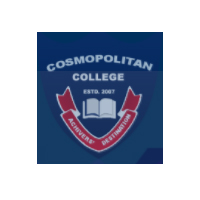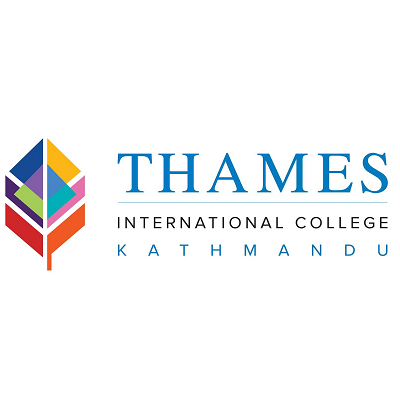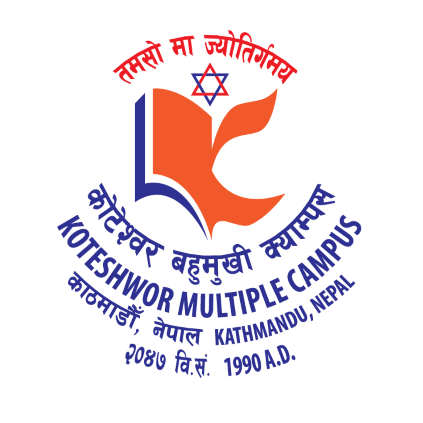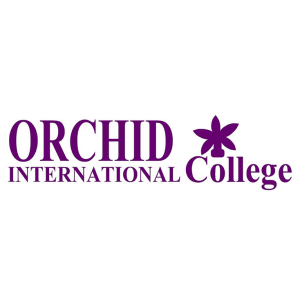Overview
Bachelor of Arts (BA) at Ganeshman Singh Multiple Campus, Kalanki, Kathmandu
Bachelor of Arts (BA) at GMS under Tribhuvan University supports students interested in languages and social sciences. Popular subject groups include English/Nepali, sociology, psychology, population studies, economics, and history. The program helps you build academic reading, writing, and analysis skills required for research and public communication.
Highlights
-
TU-affiliated 4-year undergraduate pathway.
-
Choice of subjects within campus capacity and TU rules.
-
Emphasis on reading, critical thinking, and academic writing.
-
Internal assessments plus final examinations under TU.
-
Access to library holdings, reference materials, and study areas.
Curriculum Details
The course structure follows TU’s Faculty of Humanities and Social Sciences. Students complete language and social science papers across four years. Typical coverage includes:
-
English/Nepali language and literature
-
Sociology of Nepalese society and social change
-
Psychology foundations and behavior studies
-
Population studies and basic data interpretation
-
Economics principles and development issues
-
History readings with regional and global context
-
Research basics, term papers, and presentations
Subject availability depends on campus resources. Students confirm combinations during admission counseling.
Objectives
-
Build disciplined reading habits and interpret complex texts.
-
Strengthen clear writing for essays, reports, and reviews.
-
Understand social processes relevant to Nepal and the region.
-
Encourage evidence-based viewpoints and respectful debate.
Scope
BA graduates enter writing, editing, content development, community projects, junior roles in NGOs/INGOs, local bodies, and education support services. Many pursue MA, MSW/BSW-related fields, education degrees, or media studies.
Learning Outcomes
-
Summarize arguments and interpret source material with citation.
-
Write coherent essays and short research papers.
-
Analyze basic social data and present findings.
-
Communicate ideas in class discussions and presentations.
Skill Development Modules
-
Academic writing workshops
-
Referencing and citation practice
-
Presentation skills for seminars
-
Introductory research tools and survey methods
Teaching Methodology
Faculty use lectures, guided reading, tutorials, and presentation sessions. Students maintain reading logs, submit essays, and participate in class discussions. Final examinations take place under TU. Library orientation supports text selection and reference work.
Admission Requirements
-
Grade 12/+2 or equivalent from a recognized board.
-
Eligibility and subject grouping follow TU policies.
-
Application within the declared intake window with required documents.
Career Opportunities
-
Content writing, editing, and media support roles
-
Community outreach and documentation in NGOs or local bodies
-
Education support services and tutoring
-
Pathways to postgraduate study in humanities and social sciences
Scholarships and Financial Aid
Campus-level concessions may be available within policy and seat limits. Students also monitor government and external scholarship announcements each session.
Why Choose This Course?
-
Strong base in language and social science helps you read, think, and write with clarity.
-
Subject combinations allow you to align study plans with future postgraduate goals.
-
Library and academic support encourage steady progress across the year.
Conclusion
BA at GMS offers a reliable path for students who enjoy reading, writing, and analysis. Careful time management and regular reading habits shape consistent performance across the four years.
FAQ
Q1. Which combinations are available?
Offerings depend on campus capacity. Students confirm choices during admission counseling.
Q2. Is there field work?
Some subjects include short projects or surveys. Requirements depend on the paper.
Q3. How are essays graded?
Internal evaluation covers assignments and presentations. Final exams follow TU rules.
Q4. Can BA graduates apply for media roles?
Yes, subject to employer requirements and skills gained during the course.
Q5. What resources support study?
Library access, reading spaces, and guidance on referencing and writing.






















